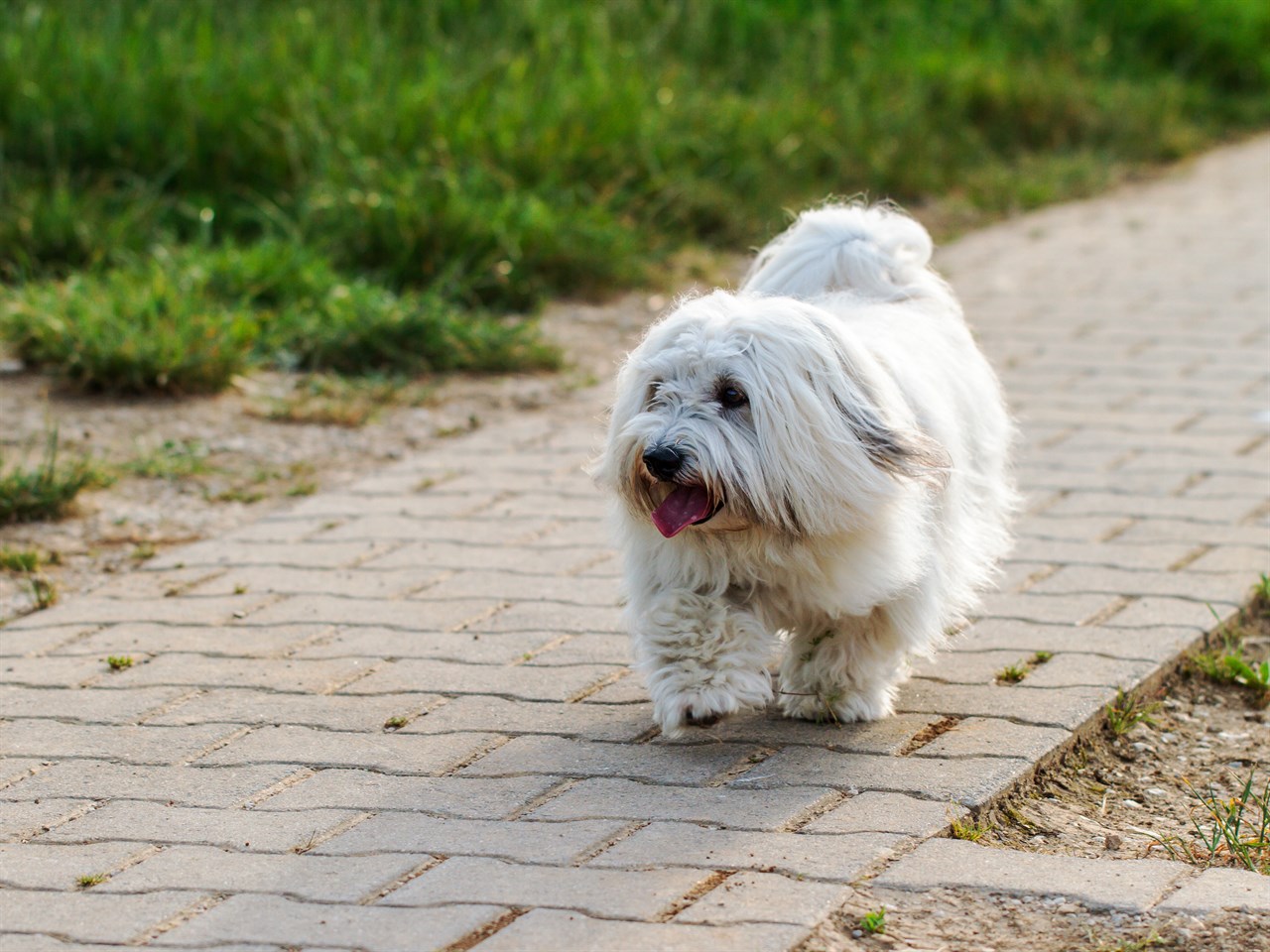Common Health Issues of the Coton de Tulear: Prioritising Well-Being

While the Coton dae Tulear is generally a healthy breed, like all dogs, they may be prone to certain health issues. Being aware of these common conditions and proactively addressing them through regular veterinary check-ups can contribute to a long and healthy life for your Coton.
Dental Issues
Cotons may be susceptible to dental problems such as tooth decay and gum disease. Regular dental care, including brushing and providing dental chews, can help maintain their oral health.
Luxating Patella
Luxating patella, a condition where the kneecap dislocates, is relatively common in small breeds, including Cotons. Regular exercise, a healthy weight, and monitoring for any signs of limping can help manage this condition.
Hip Dysplasia
While less common than in larger breeds, Cotons may still be prone to hip dysplasia. Maintaining a healthy weight and providing joint supplements as recommended by your veterinarian can help manage this condition.
Allergies
Some Cotons may experience allergies, which can manifest as skin issues, itching, or digestive problems. Identifying and avoiding allergens, along with consulting with your vet for appropriate treatments, can help manage allergic reactions.
Ear Infections
Cotons, with their fluffy ears, may be susceptible to ear infections. Regular cleaning and monitoring for signs of redness, swelling, or discharge can help prevent and address ear infections promptly.
Heart Conditions
Valvular heart disease, a condition affecting the heart valves, may be seen in some ageing Cotons. Regular veterinary check-ups and monitoring for any signs of heart issues can aid in early detection and management.
Questions and Answers
Is a Coton dae Tulear hypoallergenic?
Yes, Coton dae Tulears are often considered hypoallergenic. Their low shedding and minimal dander production make them a suitable choice for individuals with allergies. However, individual reactions can vary, so spending time with a Coton before bringing one home is advisable.
Do Coton dae Tulear have separation anxiety?
Cotons are known for their sociable nature and strong attachment to their owners. While they can adapt well to various living situations, they may be prone to separation anxiety if left alone for extended periods. Early training, gradual introductions to alone time, and providing mental stimulation can help alleviate separation anxiety in Cotons.
Coton de Tulear puppies for sale
- Find Coton de Tulear puppies for sale in ACT
- Find Coton de Tulear puppies for sale in NSW
- Find Coton de Tulear puppies for sale in NT
- Find Coton de Tulear puppies for sale in QLD
- Find Coton de Tulear puppies for sale in SA
- Find Coton de Tulear puppies for sale in TAS
- Find Coton de Tulear puppies for sale in VIC
- Find Coton de Tulear puppies for sale in WA